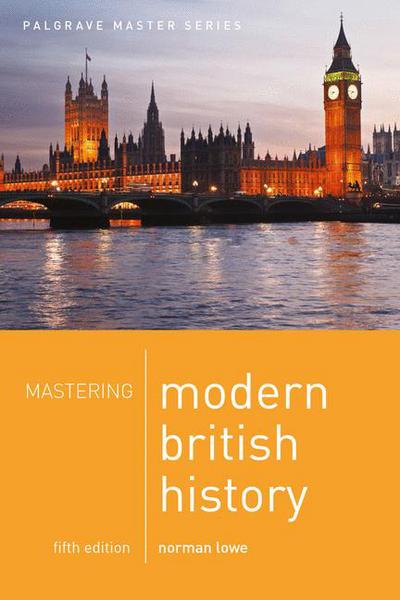


Are you sure you want to reset the form?
Your mail has been sent successfully
Are you sure you want to remove the alert?
Your session is about to expire! You will be signed out in
Do you wish to stay signed in?
The Liberal government and foreign affairs
Study Sources A to F and then answer the questions that follow.
Source A:
| Historian B.H. Abbott writes about Britain and the Franco-Prussian War. The first task with which Gladstone had to deal was the seeming threat to Belgian neutrality with the outbreak of the Franco-Prussian War in 1870. It has been suggested that energetic action by Gladstone could have averted the outbreak of war between France and Prussia...Britain could perhaps have prevented war, but only by committing herself to intervention on one side or the other, and to this, public opinion was certainly opposed. It was also clear to Gladstone that Britain had not the military means at her disposal...The threat to Belgium, however, could not be ignored, and by August both belligerents had signed a treaty with Britain guaranteeing Belgian neutrality. An important British interest was successfully safeguarded. Source: B. H. Abbott, Gladstone and Disraeli, Collins, 1972. |
Source B: Europe in 1878
Click on map to enlarge
Source C: Source: James Joll, Europe Since 1870, Penguin, 1976.
| Speech by Gladstone in the House of Commons, 10 August 1870. What is our interest in maintaining the neutrality of Belgium? It is the same as that of every great power in Europe. It is contrary to the interests of Europe that there should be uncontrolled increase in the size of any one state. Is there any man who hears me who does not feel that if, in order to satisfy a greedy appetite for expansion, Belgium was absorbed, by no matter which power, the day that absorption took place, would hear the death knell of public right and public law in Europe? Source: Hansard Parliamentary Debates, 1870. |
Source D:
| Speech by Disraeli in the House of Commons, in reply to Gladstone’s speech. I infer from the statement of the Right Honourable Gentleman that Her Majesty's Government have taken decided steps to maintain and defend the neutrality of Belgium. I accept this as a wise and spirited policy, in my opinion, not the less wise because it is spirited....Viewing it from a very limited point of view, it is of the highest importance to this country that the whole coast from Ostend to the North Sea should be in the hands of free and flourishing communities. Source: Hansard Parliamentary Debates, 1870. |
Source E:
| Comments from a contemporary historian, Lewis Apjohn, in a biography of Gladstone published in 1884. The war introduced a new element of disturbance into English politics: Russia took advantage of the crippling of France to repudiate the clause of the Treaty of Paris of 1856 which neutralised the Black Sea and excluded foreign vessels from the Bosphorus. Many Englishmen were greatly worried by this unceremonious action, which they regarded as humiliating for themselves...The English government soon found that they would be practically alone in Europe if they were to attempt to bind Russia down to the treaty, so they invited the Powers to send representatives to a conference in London. The conference met and Russia was released from her engagement... The critics of the government tried to make capital out of this, maintaining that we might have done more to keep the treaty in operation by taking up a firmer attitude to Russia. Mr. Disraeli on two occasions brought the matter before the House of Commons, saying that the conference had been called together merely to record the humiliation of this country. On many later occasions Mr. Gladstone has been blamed for his alleged lack of spirit in this business, as well as in the case of the Alabama. However, an impartial review of all the circumstances have led me to the conclusion that England could not help herself at that moment, and that the action of the Czar was perfectly natural. Source: L. Apjohn, William Ewart Gladstone: His Life and Times, Walter Scott, 1884. |
Source F:
| Speech by Disraeli at Manchester, 3 April 1872. As I sat opposite the Treasury Bench, the Ministers reminded me of one of those marine landscapes not very unusual on the coasts of South America. You behold a range of exhausted volcanoes. Not a single flame flickers on a single pallid crest…It would have been better for us all if there had been a little more energy in our foreign policy, and a little less in our domestic legislation. Source: Quoted in B. H. Abbott, Gladstone and Disraeli, Collins, 1972. |
